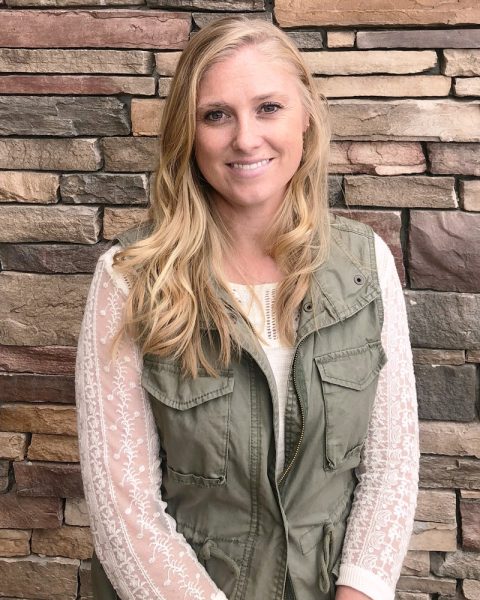Jul 17, 2024

Hope for Mental Health
You’re tired, stressed, confused, angry, or sad… such seem the signs of these times. The world is a volatile place and there appears to be much to despair over (financial stability, keeping a job, finishing school, and/or food resources), but I want to talk to you about how a change of perspective can turn your experience from one of fear or sadness to one of hope.
“Change” is the only constant in our lives. If we cannot adapt to change, our minds and bodies struggle to be healthy. My medical training taught me that we are made up of a mind, body, and soul and if we don’t attend to all three, there can never be full health. We need to constantly battle stress and negativity in our minds in order for our bodies to be healthy.
Follow us on Instagram and Facebook for more news and tips for staying healthy.
Our bodies are intelligent and maintain a stable environment even in the harshest of conditions. Our system initiates a survival mechanism we affectionately label your “fight or flight” response. It’s our failsafe when it comes to being mentally or physically overwhelmed, but it comes with consequences. Chronic stress (AKA fight or flight response) can cause a miscommunication between the immune system and the hormonal system creating chronic conditions such as chronic fatigue, metabolic disorders (e.g., diabetes, obesity), depression, and immune disorders2. The effect of chronic stress on the GI tract can be far-reaching from radical shifts in gut bacteria to a reduction in absorption of nutrients, all of which influence mood and the brain2. Other effects of long-term stress include reduced sex drive, reduced fertility, stomach pain, or heart irregularities.
So, how do we “battle” in our minds what appears to be so real? There’s a practice called meditation that has proven to help those with depression and anxiety, equal to medications if practiced regularly. The definition of meditating is “to train, calm, or empty the mind” or “to engage in contemplation or reflection.” How often can you honestly say you simply stop and empty your mind? Or is your mind going 90 mph from the moment you wake to the moment your head hits the pillow? Consider this: it’s much easier to maintain control of a car going 30 mph than the one going 90 mph. If you need better control of your mind, it’s time to slow it down a bit and allow space for chaos to come under control. Some practical tips are to buy a small notebook and practice jotting down things you’re grateful for throughout the day. There are many “gratitude journals” for purchase on Amazon and many of the popular “self-help” books or authors recommend this practice to get your mind off the negative circumstance and saturated in all the positives you have going for you! Also, create a consistent time in your busy schedule EACH DAY to stop and clear your mind or at least organize your thoughts. A great resource is “The Miracle Morning” by Hal Elrod which walks you through a morning routine to get your mind and body ready for the day.
A silver lining in the clouds of mental illness is the strength of your community. Mental health is a personal achievement, but family and community health play a large role. So, how is mental health defined? Mental health is “a state of well-being in which every individual realizes his or her own potential, can cope with the normal stresses of life, can work productively and fruitfully, and is able to make a contribution to his or her community.3” Human beings are social animals and require social interaction to thrive. Get involved in your community and tap into community resources, or better yet, volunteer in your community yourself! Getting the focus off how bad your personal situation is and helping others rise to their potential can be a successful climb out of mental negativity or illness.
If you find that you’re not the representation of good mental health and recognize the need for someone outside the home to help you back on the path to mental health, there are accessible and inexpensive resources available:
- Health Apps:
- What’s Up: “an amazing free app that uses Cognitive Behavioral Therapy and Acceptance Commitment Therapy methods to help you cope with Depression, Anxiety, stress, and more.2”
- Quit That! “a free app that helps users beat their habits or addictions… whether drinking alcohol, smoking, or taking drugs.2”
- Recovery Record: “a great free app for anyone recovering from an eating disorder and wanting to develop a more positive body image.2”
- Hotline Resources
- Camas Path Behavioral Health Advice Line: 866-270-8603
- Chemical Dependency Clinic (Melissa Hurt-Moran): 509-671-4128 or 509-671-6221
- National Suicide Prevention Hotline: 1-800-273-8255 with trained counselors
- National Gambling helpline: 1-800-522-4700
- National Domestic Violence Hotline: 1−800−799−7233
